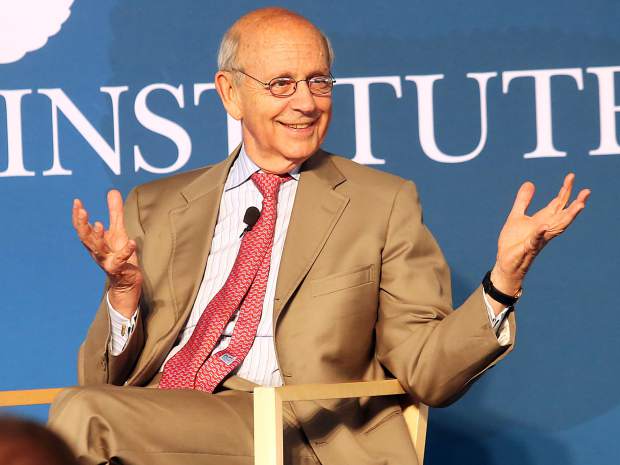Debtors pay good money to go bankrupt — in exchange for which they expect to shed most of their debts and be left alone by prior creditors. But what should happen when creditors don’t get the message and continue collection or harassment?
The United States Supreme Court recently addressed this issue for the first time, and in the process put some teeth into enforcement of an individual’s bankruptcy discharge.
In the case of Taggart v. Lorenzen, on June 3, 2019 the Supreme Court ruled 9-0 that a creditor who violates a bankruptcy discharge can be held in civil contempt if a judge rules that it was objectively obvious that they should have left the debtor alone. Associate Justice Stephen Breyer (above) wrote the opinion for the Court.
Individuals who file for bankruptcy and complete all the requirements of the bankruptcy process typically receive a discharge of most or all of their debts near the end of the case. Once the discharge is issued, creditors violate it at their own peril — or so it was thought.
The creditor in the Lorenzen case, however, argued that a subjective standard should apply to alleged discharge violations, meaning that creditors would only be punished if they themselves thought they were doing wrong at the time they did it.
No way, said Breyer and the eight other justices. The Supreme Court equated violation of a bankruptcy discharge with contempt-of-court proceedings in ordinary civil cases, and said objective evaluations of misbehavior should be applied to creditors who step over the line with post-bankruptcy collection attempts.
While Taggert v. Lorenzen is unlikely to be regarded as a watershed decision of the year, it does give a measure of comfort to debtors seeking bankruptcy protection, who will know that discharge violations by creditors will be subject to stricter scrutiny.
